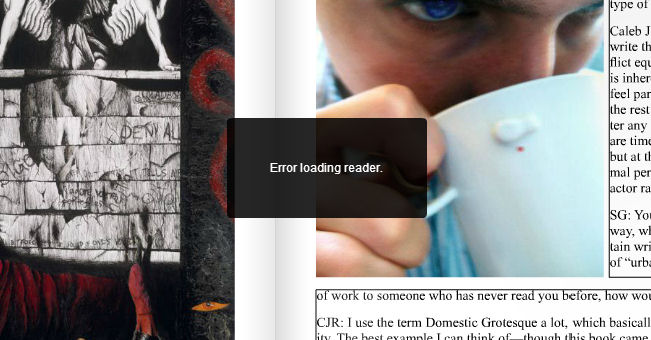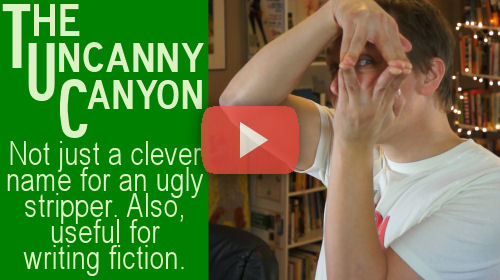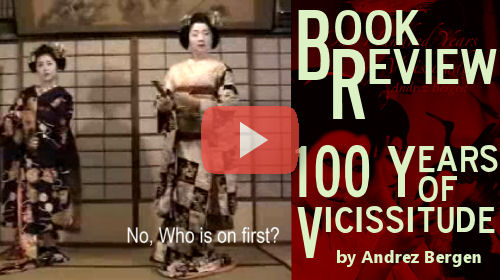I'm honored to have been able to spout off a bit for the newest issue of Surreal Grotesque magazine. Here's a taste: Your work doesn’t really resemble a genre in any way, which is nice, although people try to pigeonhole certain writers as being Chuck Palahniuk-esque or in the vein of “urban noir”. If you had to describe your writing style of work to someone who has never read you before, how would you describe your writing? I use the term Domestic Grotesque a lot, which basically means family dynamic meets visceral irrationality. The best example I can think of—though this book came out after I coined the term Domestic Grotesque—is Matt Bell’s Cataclysm Baby. A lot of Brian Evenson’s work would also fit. I love the imagery I can get away with when I write the grotesque, and I love the inherent tension when dealing with a family and…
Posts By Caleb J. Ross
Now that Christmas is over, we must begin the long process of thanking each of the kind people to have given us gifts this holiday. I know how arduous this can be, so I’ve taken it upon myself to offer some of my own thank yous as examples that you may wish to follow. Fair warning: don’t follow these examples.
Yesterday I had the delightful pleasure of talking with Evo Terra and Jeff Moriary of ePublish Unum's Books and Beer series about my efforts as a "YouTube author" (quotes unnecessary; nobody actually used the term YouTube author during the entire chat). We talked about how I (and other authors should probably) use YouTube not as a vehicle for pushing my books onto unwilling buyers, but as a way to showcase my personality. You know, lube the audience into acceptance. I had a ton of fun talking with these guys. After watching my video (below) be sure to check the ePublish Unum site for a ton more great author videos.
There’s a strange phenomenon in the world of visual character creation—puppetry, animated cartoons, robotics—where the more closely a character resembles a human, the more sympathy that character elicits and the more compassion we give it…until a certain point. This gap is called The Uncanny Canyon. But how does this concept work in fiction? Here, I answer that very question.
It's short notice, I know, but really you weren't going to remember anyway. THIS THURSDAY, December 20, I will be participating in the LIVE Google+ Hangout with Evo Terra and Jeff Moriarty of ePublish Unum and the Books & Beer Hangout. Mark your calendars. I'll answer questions about how I use YouTube. More importantly, however, there will be a LIVE Q&A session where YOU can ask any question you want. Total running time is only about 30 minutes, so I promise this won't ruin your evening. When: 6pm Pacific 8pm Central 9pm Eastern Where: Just click over to the ePublish Unum Google+ Page at the designated time. Can't remember that? Just go to cjrlit.com/beerhangout and you'll be immediately redirected to the proper place. Want more of a taste? Watch this:
Why does fiction work? It’s all about a little thing called Theory of mind. Theory of Mind is quite simply mind reading. We, as readers, utilize our understanding of the world to impart meaning upon the fictional worlds and characters in books. Without that frame of reference, without what we can understand as basic human truths—sadness, jealously, happiness, anger—we cannot understand the actions of the characters. Mentioned: The Collector Collector by Tibor Fischer Why We Read Fiction: Theory of Mind and The Novel by Lisa Zunshine
Andrez Bergen knows how to write a good "text book novel." What is a text book novel? Considering I just made up the term, I could define it however I want and you wouldn't know any better. I'm not a jerk though, and will define it appropriately as such: a novel that entertains AND teaches, in some respects even teaches more than entertains. 100 Years of Vicissitude takes place during World War II. We learn a bit about the war, but more specifically, we learn a bit about Japanese culture during the time. You'll like it.





